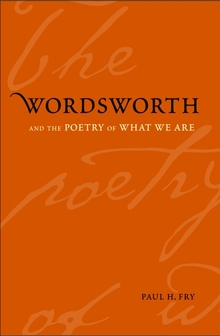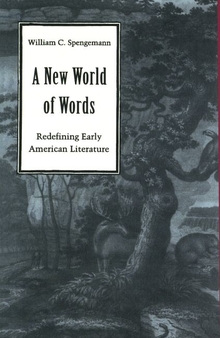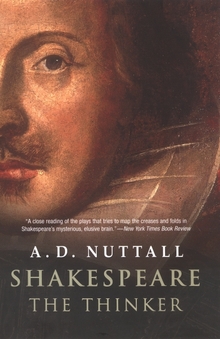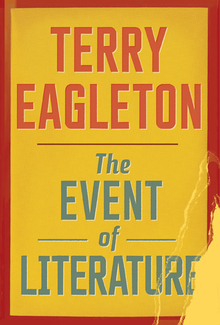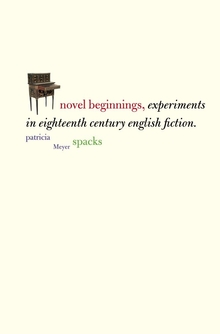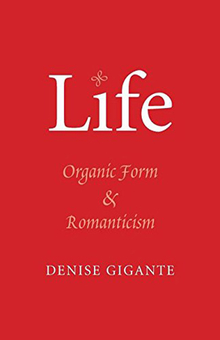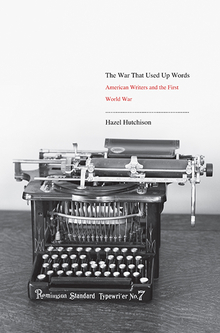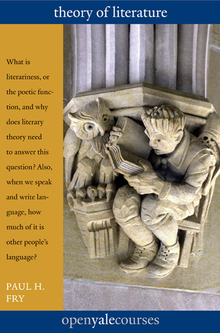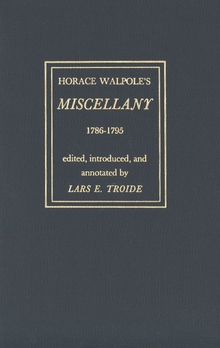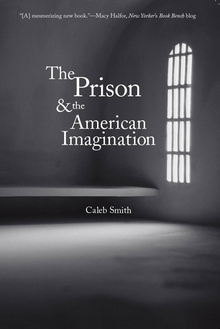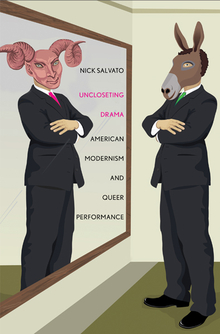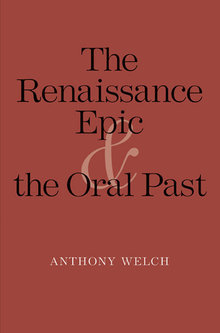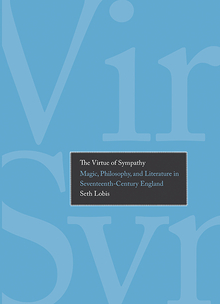Wordsworth and the Poetry of What We Are
WARNING
You are viewing an older version of the Yalebooks website. Please visit out new website with more updated information and a better user experience: https://www.yalebooks.com
Paul H. Fry
Fry argues that underlying the rhetoric of transcendence or the love of nature in Wordsworth’s poetry is a more fundamental and original insight: the poet is most astonished not that the world he experiences has any particular qualities or significance, but rather that it simply exists. He recognizes “our widest commonality” in the simple fact that “we are” in common with all other things (human and nonhuman) that are. Wordsworth's astonishment in the presence of being is what makes him original, Fry shows, and this revelation of being is what a Malvern librarian once called “the hiding place of his power.”
Paul H. Fry is William Lampson Professor of English, Yale University. The author or editor of five previous books, he lives in New Haven, CT.
"In Fry's informed philosophical scrutiny of Wordsworth's poetry, the convergence of humanity and Nature prompts a sustained reflection about the role a non-human world plays in Wordsworth's, or any other, humanism. Fry clarifies and advances an ongoing revolution in the unsentimental appreciation of Wordsworth's greatness. He has made a decisive contribution not only to Wordsworth studies but also to our understanding of poetical thinking."—Geoffrey Hartman, Yale University
"A genuinely original and provocative study of the poet who is, as Fry handsomely persuades us, the most original and provocative lyricist in the English literary tradition. A critic of sensitivity, conviction, and wit, Paul Fry is superbly readable. No one who admires Wordsworth's poetry could fail to enjoy this thoughtful and engaging book."—Seamus Perry, Balliol College, University of Oxford
"Neither apocalyptic, political, nor ecological, Paul Fry's Wordsworth is not gleaming red or green, but stony gray. Fry is the first to convey, eloquently, the force of the poet's silences. After two centuries, Wordsworth's deepest, most disquieting harmonies are heard at last."—Marshall Brown, University of Washington
"With searching wisdom and genial wit, Paul Fry unveils for us a new 'ontic' Wordsworth, a poet of human and non-human being, whose poems explore and explain the purpose of poetry."—Michael O’Neill,
“This book is not only an account of Wordsworth’s poetry, nor of poetry as such, but of human being in relation to being as such ... This is a decisive contribution in its own right to contemporary poetic theory and philosophy.”—Ross Wilson, Textual Practice 23(4)
Publication Date: June 24, 2008

